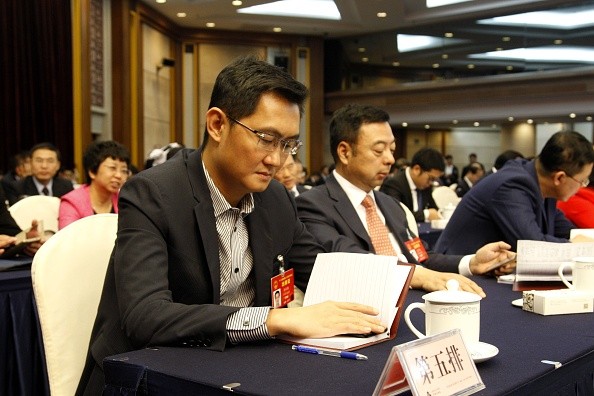Ma Huateng, the chairman of Tencent Holdings Ltd, proposed to build the "Bay Area" equivalent in China. It will be a tech zone in southern China that would include the financial center of Hong Kong and the gambling city of Macau.
Tencent Chairman Ma Huateng attended a press conference held before the National People's Congress convenes in the capital to set the year's agenda. He stated: "Setting up a Guangdong-H.K.-Macau technology area could help maintain stability in the two former colonies."
According to Ma, the proposed technology bay could leverage capital Hong Kong and manufacturing prowess from Shenzhen and the Pearl River Delta.
He said: "China has the ability to create a world-class tech bay area, and preside over the global tech revolution of the future. It will also help the long-term stability and prosperity of Hong Kong and Macau.”
Tencent's headquarters are located in Shenzhen, Guangdong Province, a region that is racing against Hangzhou and Beijing to forge China's equivalent of Silicon Valley. To respond to the government's call to ignite the innovative drive, it has built 120 tech zones across the country.
Chinese President Xi Jinping has identified the Internet as one of the most important sectors of the country. He reminded the country's technology parvenus that they should demonstrate positive energy in purifying cyberspace.
Ma said that Tencent is willing to use its big data technology to help China build more ecological cities. He also advocated making the Internet more accessible by proposing regulators to lower the barriers of entry to spur innovation and content creation.
Last November, China passed a controversial cybersecurity law that requires Internet operators to cooperate with investigations that involve crime and national security.
Ma doesn't see China’s cybersecurity law as a hurdle, adding that the legislation, in fact, is in favor of larger tech companies like Tencent.



























